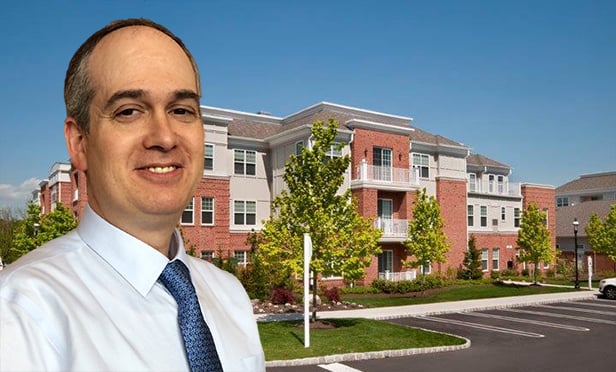The May deadline for the New Jersey Licensed Site Remediation Professional (LSRP) Program has come and gone. The LSRP program is administered by the New Jersey Department of Environmental Protection (DEP) and takes aim at streamlining the cleanup process of contaminated sites.
The Site Remediation Reform Act of 2009 established the Licensed Site Remediation Professional (LSRP) program to expedite the recovery of contaminated sites to decrease the threat of contamination to public health and safety and of the environment, and to quickly return underutilized properties to productive use. Under the New Jersey LSRP program consultants, or LSRPs, will complete environmental remediation work in accordance with standards established by the New Jersey DEP. These professionals have to be registered and licensed by the DEP; currently professionals can only hold a temporary LSRP license, which was granted to professionals with appropriate experience. However, later this year the DEP will begin to administer tests and the temporary LSRPs will be granted full LSRP licenses.
The Site Remediation Reform Act establishes a stringent cleanup process with new requirements including mandatory time frames for the completion of various phases of the cleanup work, enabling the DEP to order cleanup remedies when those responsible for contaminated properties fail to take action, allowing the DEP to reject cleanup remedies that would leave a property unsuitable for redevelopment or recreational uses, and establishes presumptive cleanup remedies whenever a site is proposed to be redeveloped for residential, school or daycare facilities.
New Jersey has nearly 15,000 known contaminated sites and about 6,000 will not need to enter the LSRP program for one reason or another. Of the remaining 9,000 cases a little more than half have been enrolled in the LSRP program. Owners of contaminated sites not currently enrolled will be getting additional letters from the DEP encouraging them to enter the program. Sites not entered into the LSRP program that are required to do so by law will face the prospect of cleanup directed by DEP which entails a much greater level of DEP decision making and involvement than under previous regulatory directed cleanup.
Want to continue reading?
Become a Free ALM Digital Reader.
Once you are an ALM Digital Member, you’ll receive:
- Breaking commercial real estate news and analysis, on-site and via our newsletters and custom alerts
- Educational webcasts, white papers, and ebooks from industry thought leaders
- Critical coverage of the property casualty insurance and financial advisory markets on our other ALM sites, PropertyCasualty360 and ThinkAdvisor
Already have an account? Sign In Now
*May exclude premium content© 2025 ALM Global, LLC, All Rights Reserved. Request academic re-use from www.copyright.com. All other uses, submit a request to [email protected]. For more information visit Asset & Logo Licensing.








